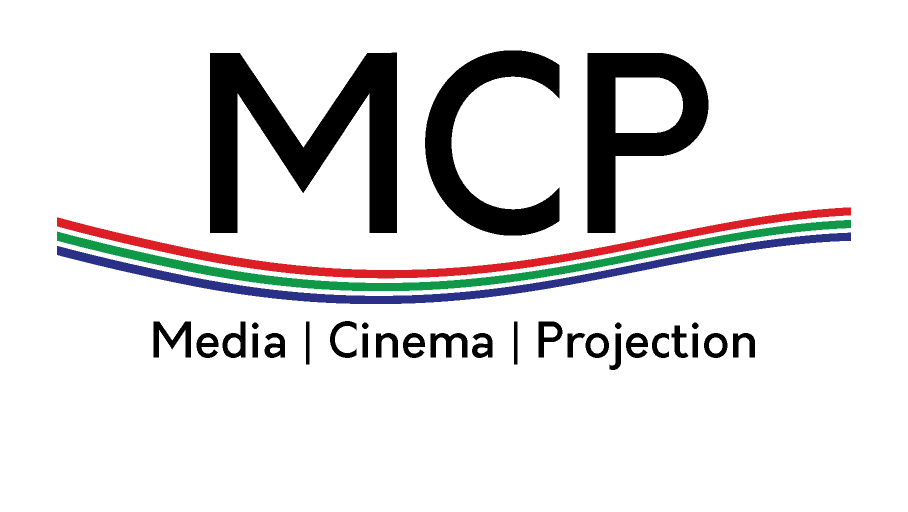Nicolas Winding Refn’s “Drive” is the intersection of existential samurai films and heightened crime epics, a juxtaposition of sensorial bliss with patient ritualism. Taking inspiration from the minimalist crime films of Jean-Pierre Melville—which were themselves informed by the wandering, warrior-code archetype of Japanese cinema’s Jidaigeki pictures—”Drive” paints a city of angels and demons inhabited by shifty used car salesmen and strip mall pizzeria owners. Or put it another way, it’s a Michael Mann film by way of Seijun Suzuki.
Source: Nicolas Winding Refn’s Drive: Cinema’s Postmodern Samurai | Features | Roger Ebert
